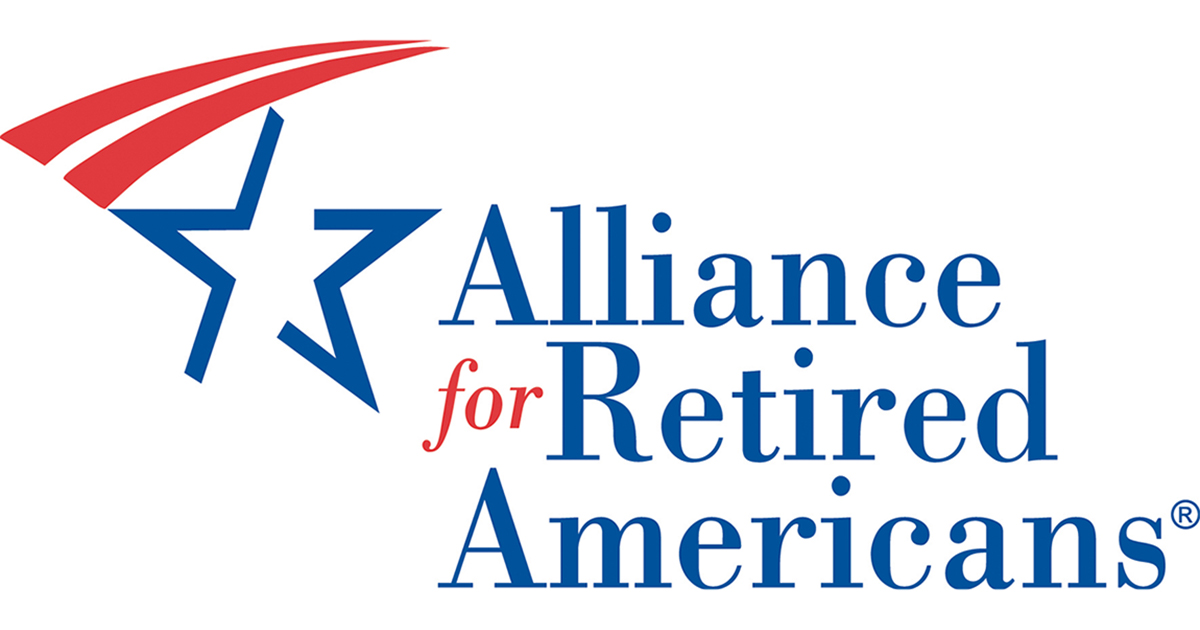March 29, 2007
Resolution Long-Term Care
Adopted September 6, 2002
Amended March 29, 2007
Whereas long-term care covers a range of services in a variety of settings; and
Whereas 10 million Americans of all ages living in communities and nursing homes have significant limitations in activities of daily living because of illness or disability and need personal assistance or long-term care services; and
Whereas Medicaid is the primary government source of payment for long-term care, accounting for half of formal LTC expenditures; and
Whereas although two-thirds of Medicaid LTC spending is for nursing home care and one-third is for home and community-based care, individuals must spend down their assets to qualify for Medicaid; and
Whereas Medicare covers LTC only minimally—through either its limited skilled nursing care benefit of just 100 days following three days of hospitalization or its home-care benefit for those requiring part-time skilled nursing or therapy services; and
Whereas more than three-quarters of LTC recipients living in the community rely solely on family and friends to provide the assistance they need; and
Whereas families provide 36 percent of total national LTC expenditures in donated care and 21 percent of out-of-pocket payments primarily for home-based care; and
Whereas an estimated 44.4 million individuals—one in five adults—provide health care for adult family members and friends; and
Whereas although the 2006 Older Americans Act reauthorization allows increased levels of funding for the National Family Caregiver Support Program, the program remains underfunded, averaging only $1,000 a year for the caregivers who participate; and
Whereas private long-term care insurance is beyond the financial reach of most who need it—it is affordable for only 10-20 percent of seniors; and
Whereas certified nursing aides provide 90 percent of direct care in nursing homes and, home health and personal care workers provide the vast majority of paid direct care in the home and community; and
Whereas low levels of pay, limited opportunity for advancement and lack of benefits result in high annual turnover rates among long-term care workers; and
Whereas nursing homes and other providers cannot deliver quality care until there are vast improvements in staffing and training, adequate compensation and benefits, and safety protections for long-term care workers, and
Whereas unless aggressive measures are undertaken to recruit and retain LTC workers, substantial shortages of home health and nursing aides will occur in the next several years; and
Whereas long-term care is a multi-generational family issue that disproportionately affects women because women have longer life expectancies and are more likely to be caregivers than men. Women represent 7 of 10 unpaid caregivers, three-fourths of nursing home residents, and two-thirds of recipients of home health care; and
Whereas tax credit and tax deduction proposals for long-term care are insufficient for addressing the need and at the same time would deplete public resources.
Therefore, be it resolved, that the Alliance for Retired Americans opposes proposals that would divert development of a comprehensive long-term care system by substituting expensive federal tax credits and tax deductions for private long-term care insurance; and
Be it further resolved that the Alliance for Retired Americans supports a social insurance model for a long-term care system. The system must incorporate the following principles:
- A range of quality care services including, but not limited to, the following services and settings that enhance the physical and mental well-being of recipients and their caregivers:
- Skilled nursing care
- Rehabilitative services
- Respite care
- Personal assistance with activities of daily living such as bathing, toileting, dressing
- Congregate living arrangements
- Adult day care services
- Home care
- Hospice care
- Affordable care based on health and physical needs for all those who need it.
- An individual’s right to choice of provider and care environment, including one’s own home.
- Enforcement of quality assurance measures.
- Educational efforts to promote informed decision-making by individuals and families, including an examination of available options for types of care and settings, as well as financing resources and eligibility criteria;
- Recognition of the essential role of front line long-term care workers in ensuring quality care through improvements in nursing home staffing ratios, staff and management training, and fair pay, benefits, incentives, and safety protections for all health care workers;
- The right for all long-term care workers to organize and bargain collectively with provision for effective enforcement.
Be it further resolved that the Alliance encourages state and local affiliate organizations to participate in the development of state long-term care policies that incorporate the above principles; and
Be it finally resolved that the Alliance will work to attain the full authorized funding for the Family Caregiver Support Program as well as national enactment of financial and other supports for family caregivers, including but not limited to, affordable health insurance, adequate provisions for respite, and guaranteed retirement security for the women and men who leave the workforce for a loved one.


